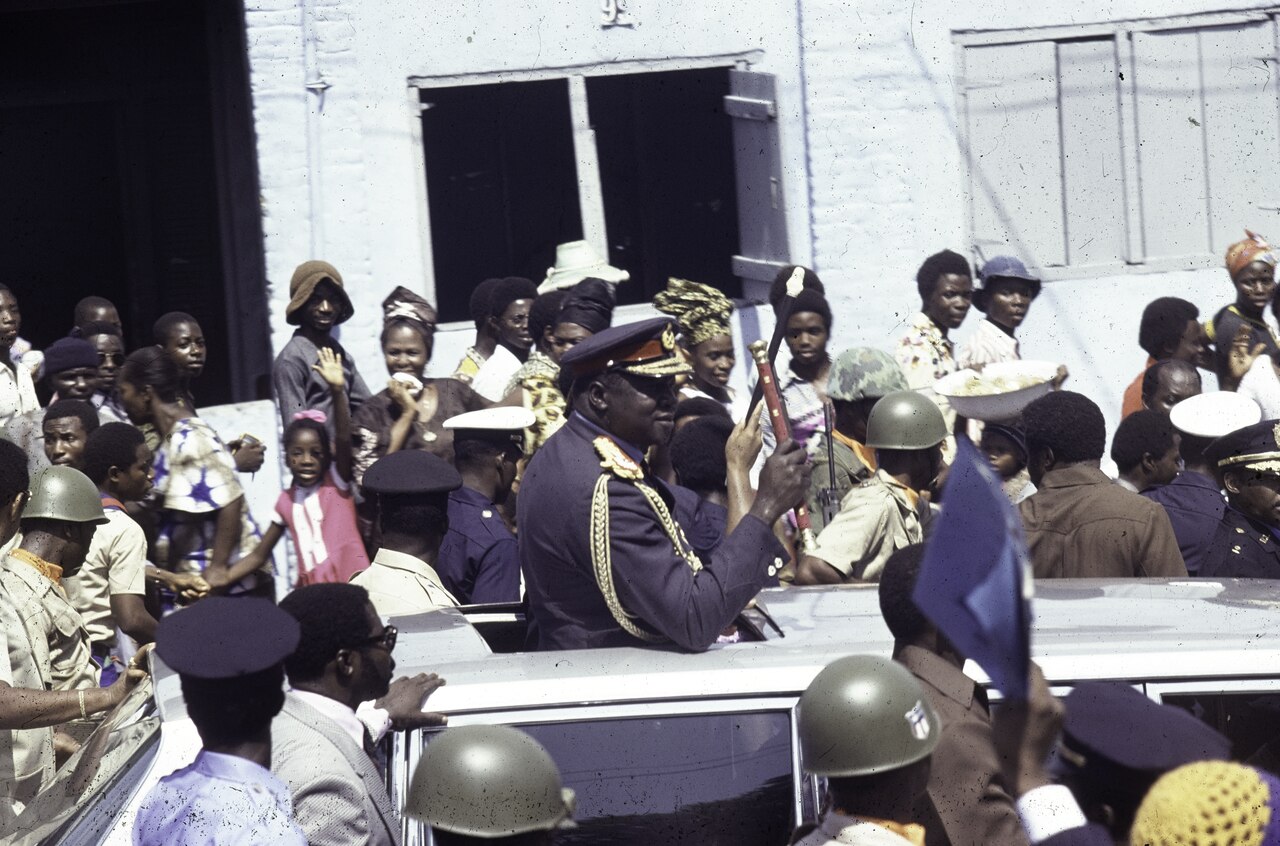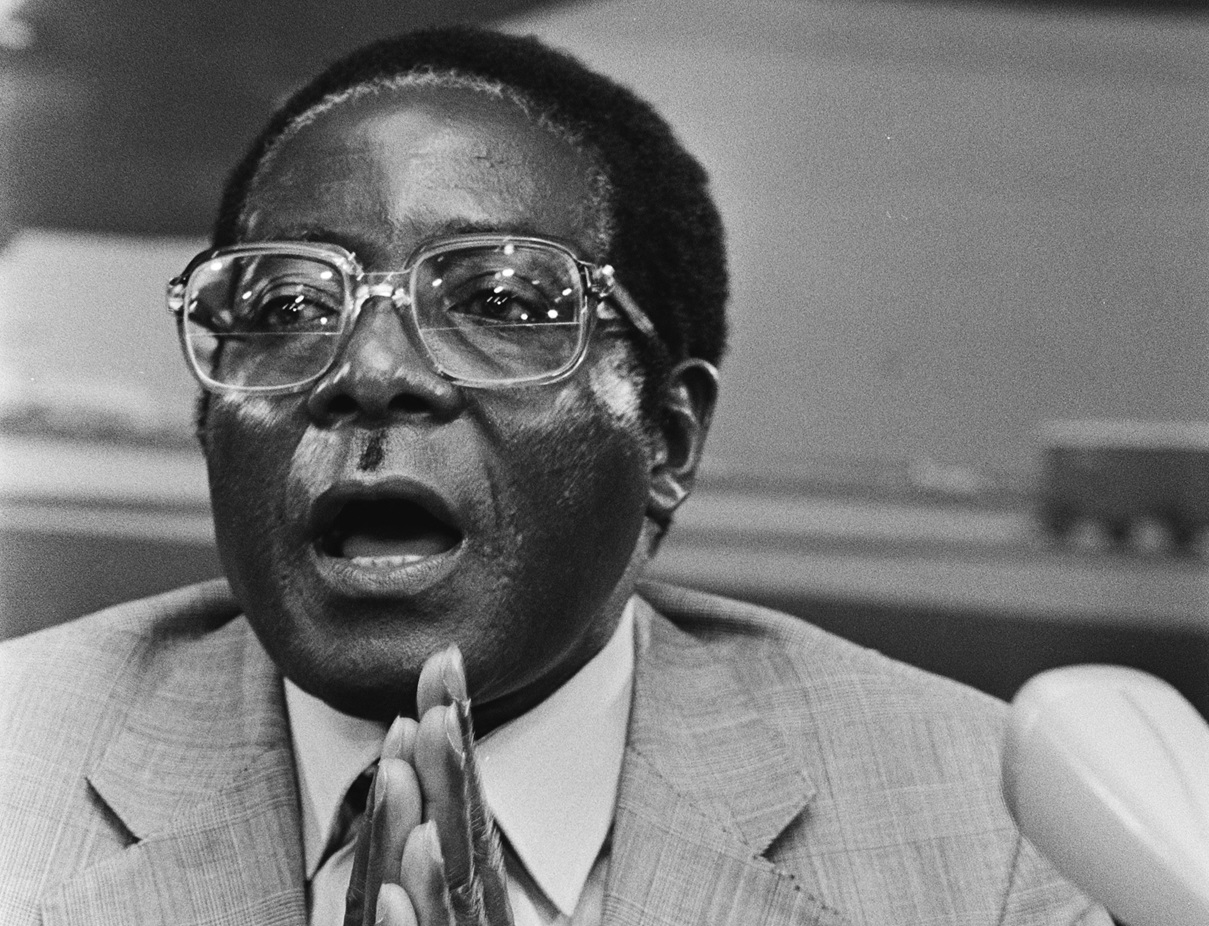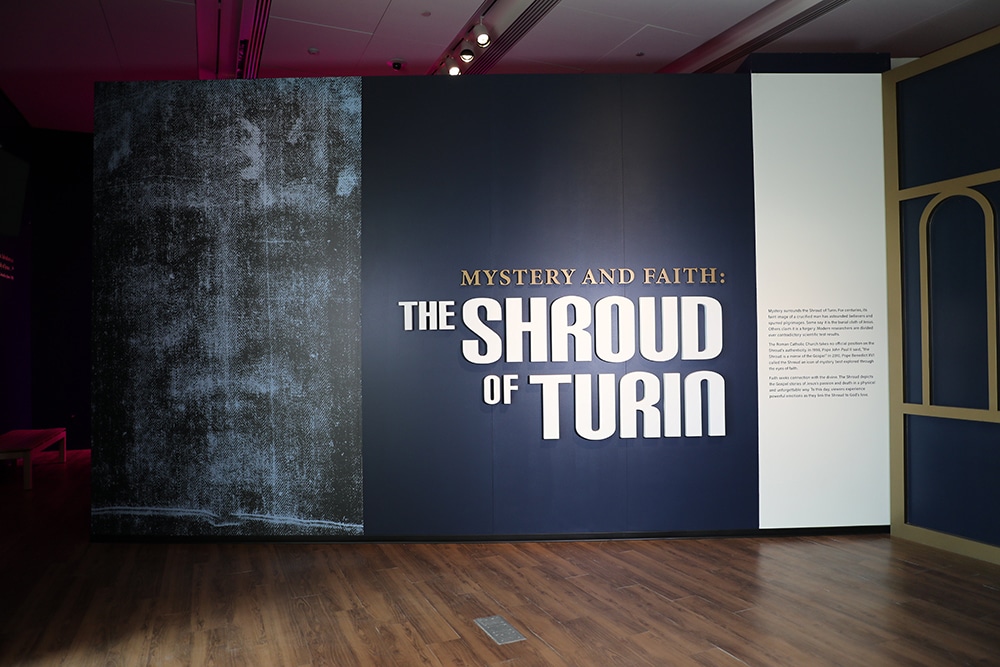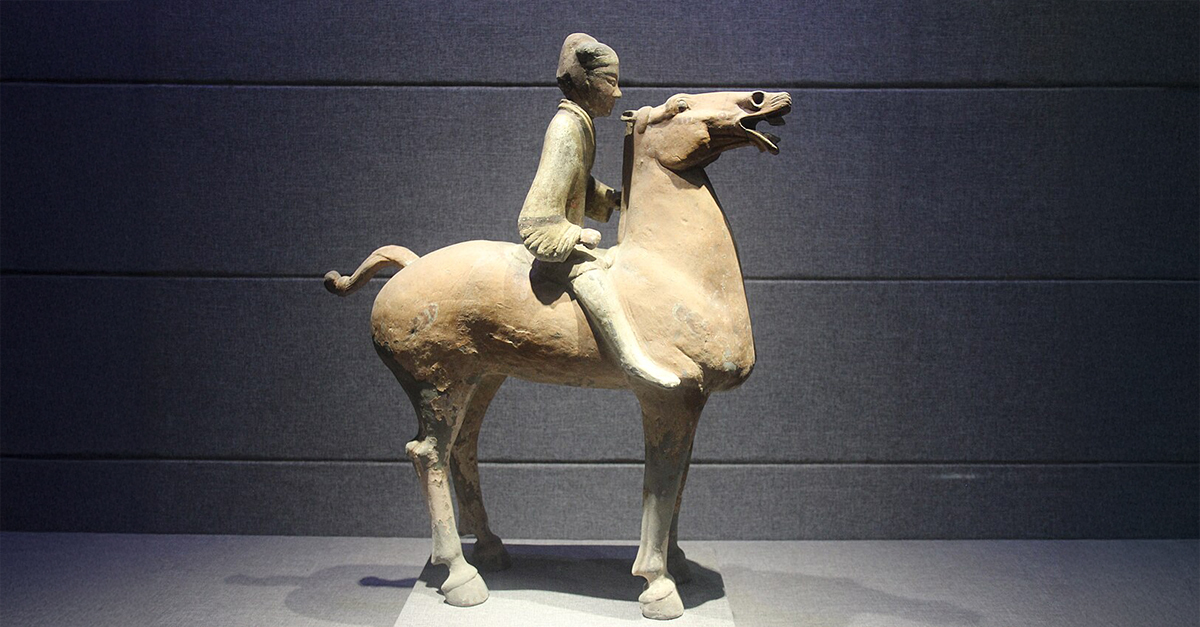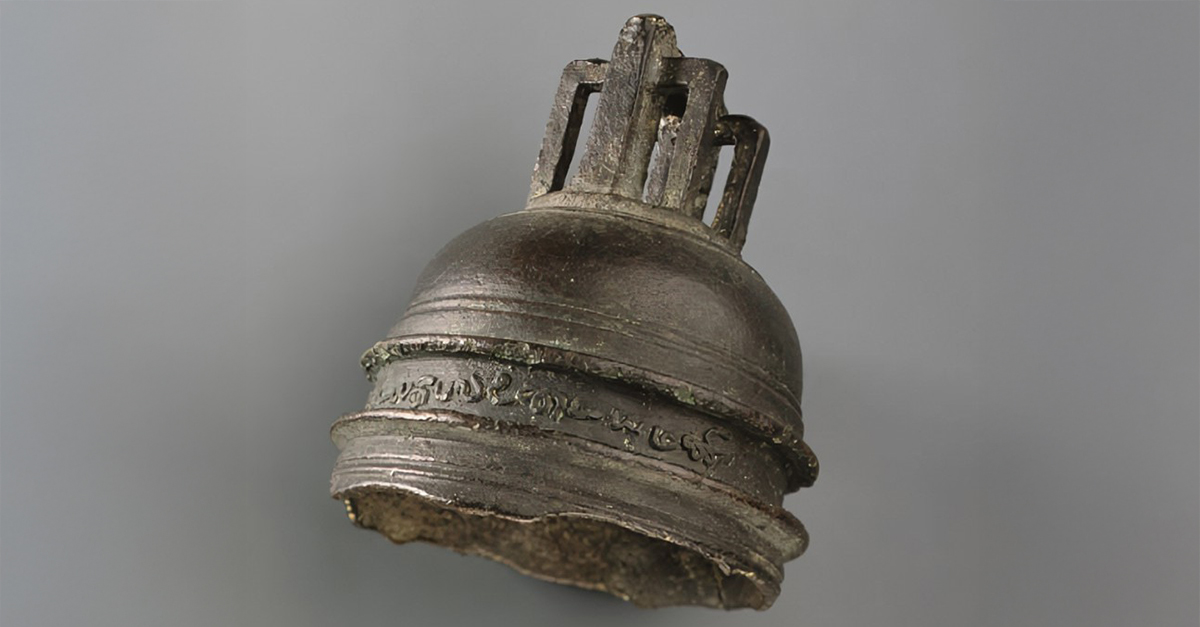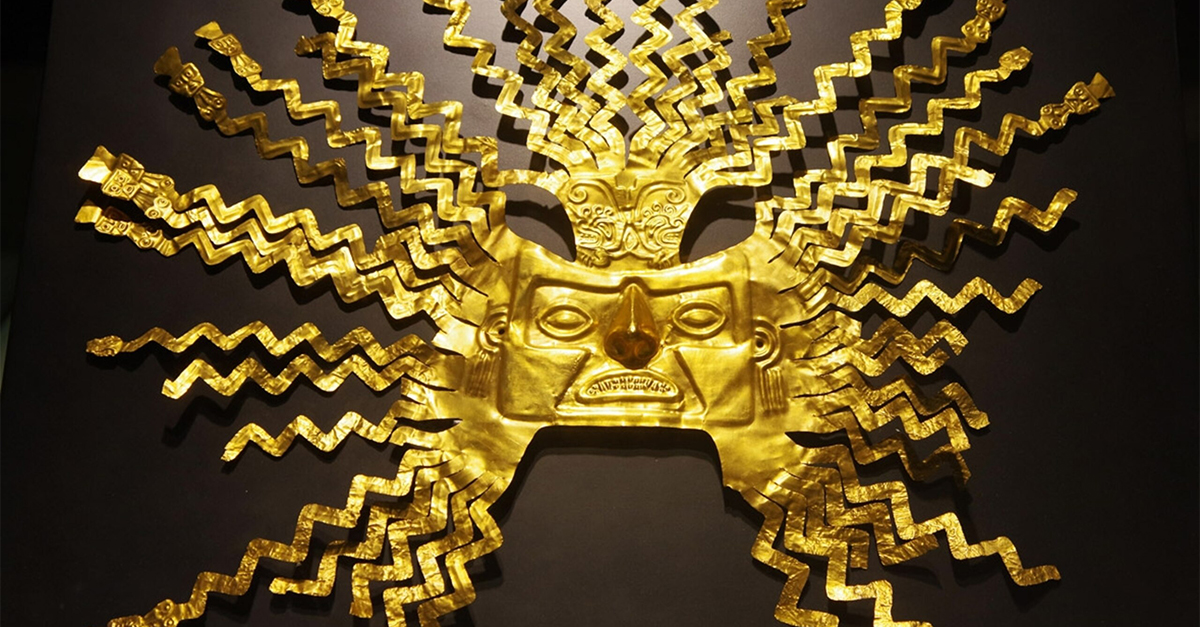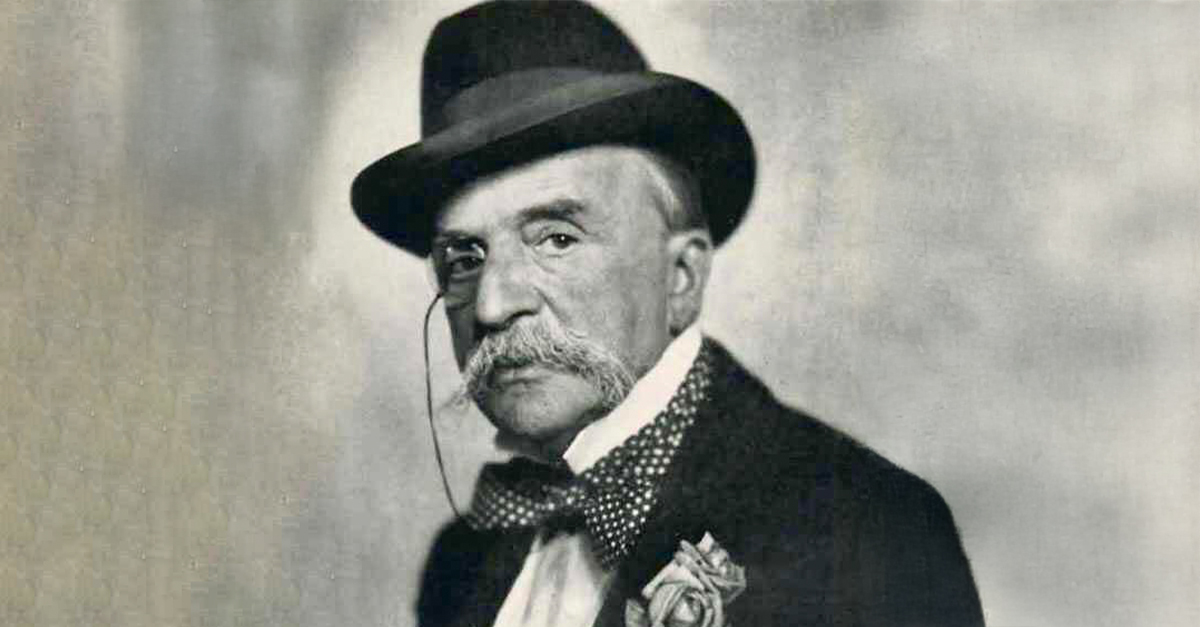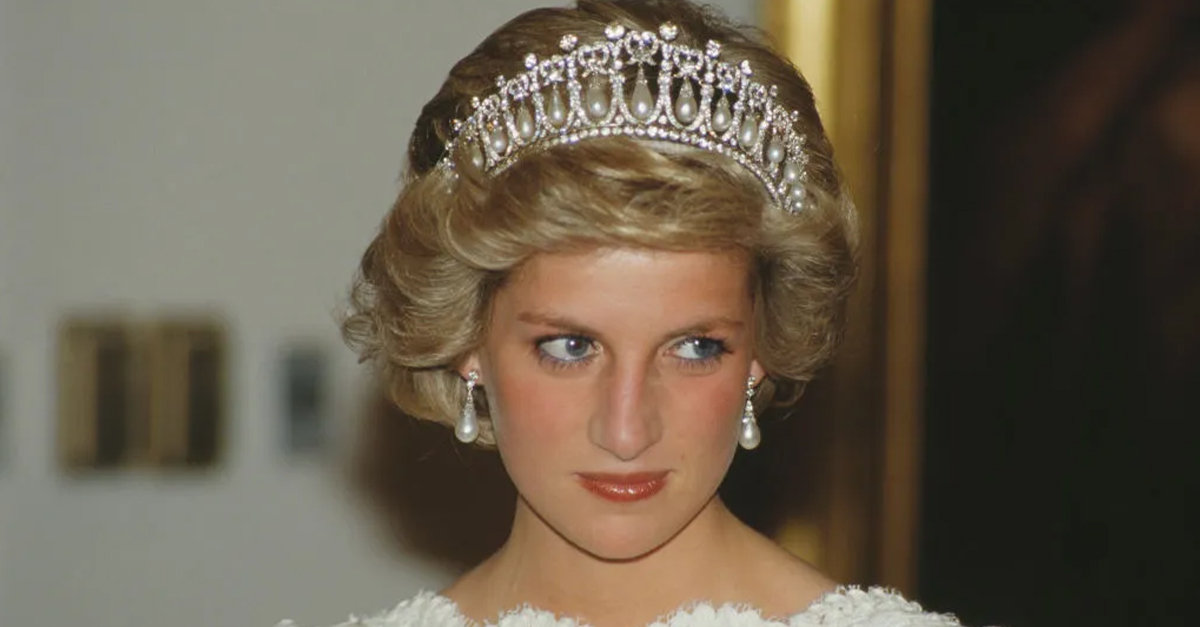The 17 Most Powerful Military Coups In History
History is full of despotic governments whose own people were glad to see them gone. Then there are the good ones that are deposed by outside forces influencing the nation's people to rise up, or supplying weapons to rebellious factions within their government. Here are 17 of the most powerful military coups in history.
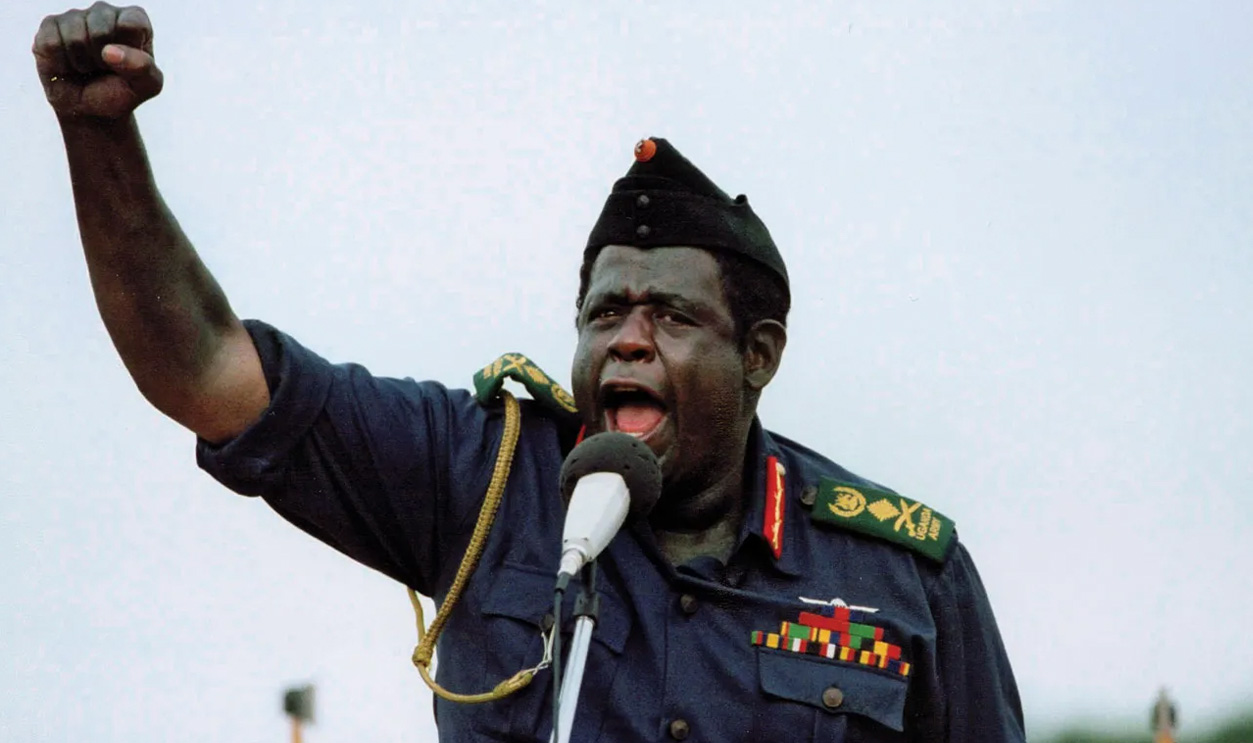
The Very First Military Coup
The very first coup d'état could well be the murder of Julius Caesar in 44 BC. The Roman Emperor was murdered by his own senators after they feared he would become tyrannical. To make matters worse for Julius, his best friend, Brutus, was among the treacherous bunch. "Et tu, Brute?" is one of the most famous lines in history—meaning "And you, Brutus?" it was reportedly Caesar's last words.
 Vincenzo Camuccini, Wikimedia Commons
Vincenzo Camuccini, Wikimedia Commons
Napoleon's Take Over Of France
A bloodless coup this time, but Emperor Napoleon took over France in 1799 after he returned from a successful military campaign in Egypt. After enlisting the help of two Directors, he named himself the Emperor of France in 1804. Napoleon remained as Emperor of France until 1815.
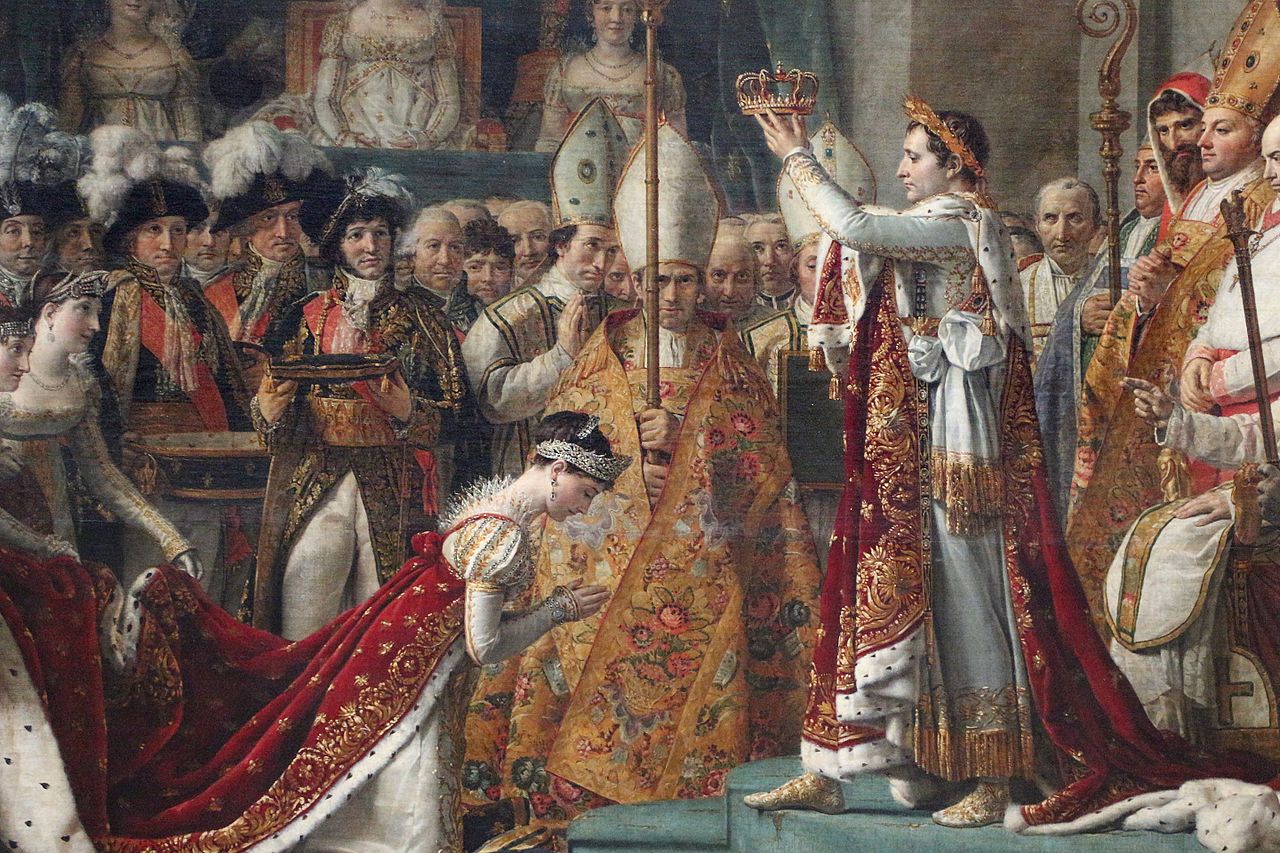 Jacques-Louis David, CC BY 3.0, Wikimedia Commons
Jacques-Louis David, CC BY 3.0, Wikimedia Commons
Dynastic Conclusions
The Qing Dynasty ruled China for two millennia. Imperial rule in China finally came to an end in 1911, with the Wuchang Uprising—an armed rebellion that began the Xinhai Revolution, which concluded 10 years of revolts against the monarchy. The Emperor was replaced by the Beiyang government, a form of military dictatorship ruled by Chinese generals from the old Imperial Army.
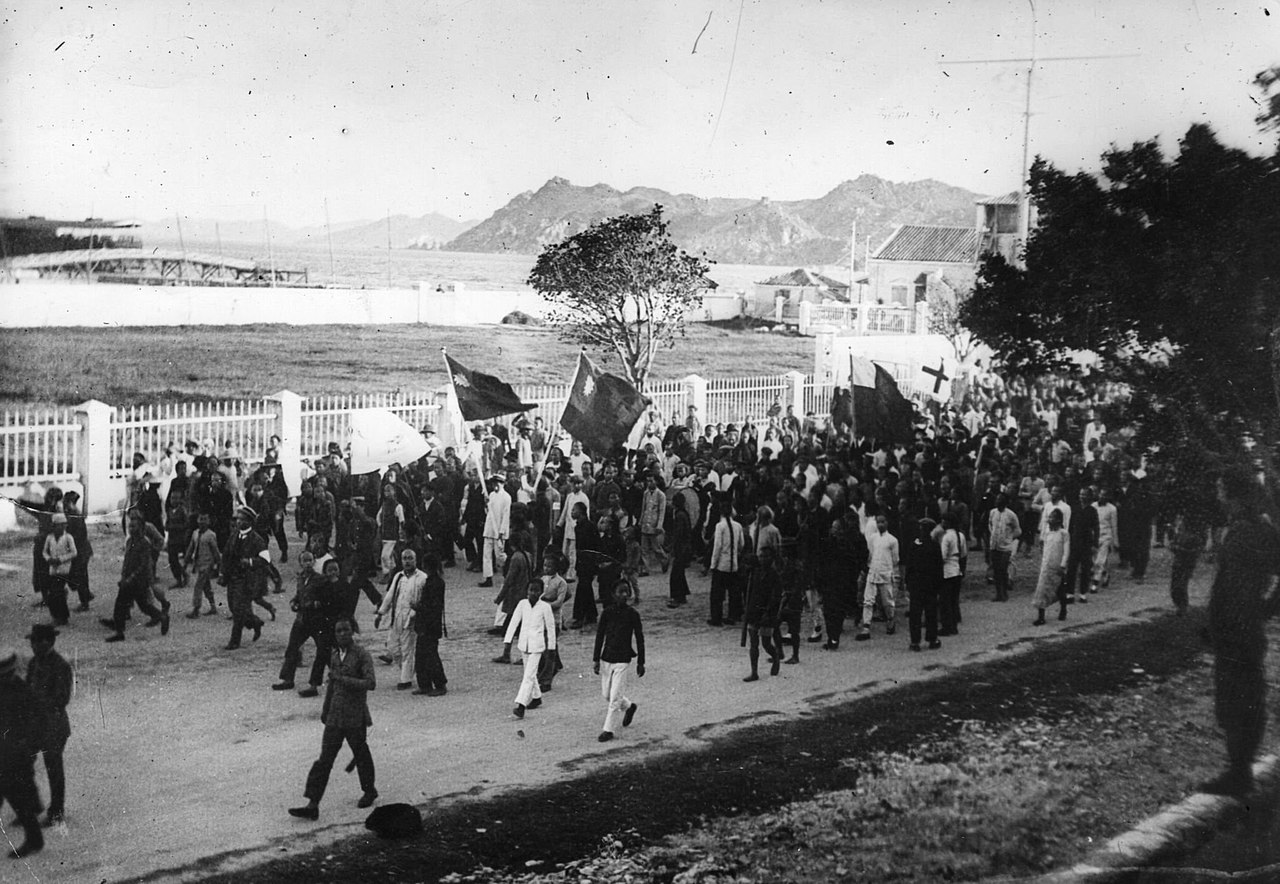 Hulton Archive, Wikimedia Commons
Hulton Archive, Wikimedia Commons
Russia Revolts
In much the same manner as their Chinese counterparts, the Russian people revolted against Czar Nicholas II, who was the Russian monarch at the time. Championing himself as a man of the people, the revolution was spearheaded by Vladimir Lenin, who led the Bolsheviks in a violent overthrow of the monarchy between 1917 and 1923.
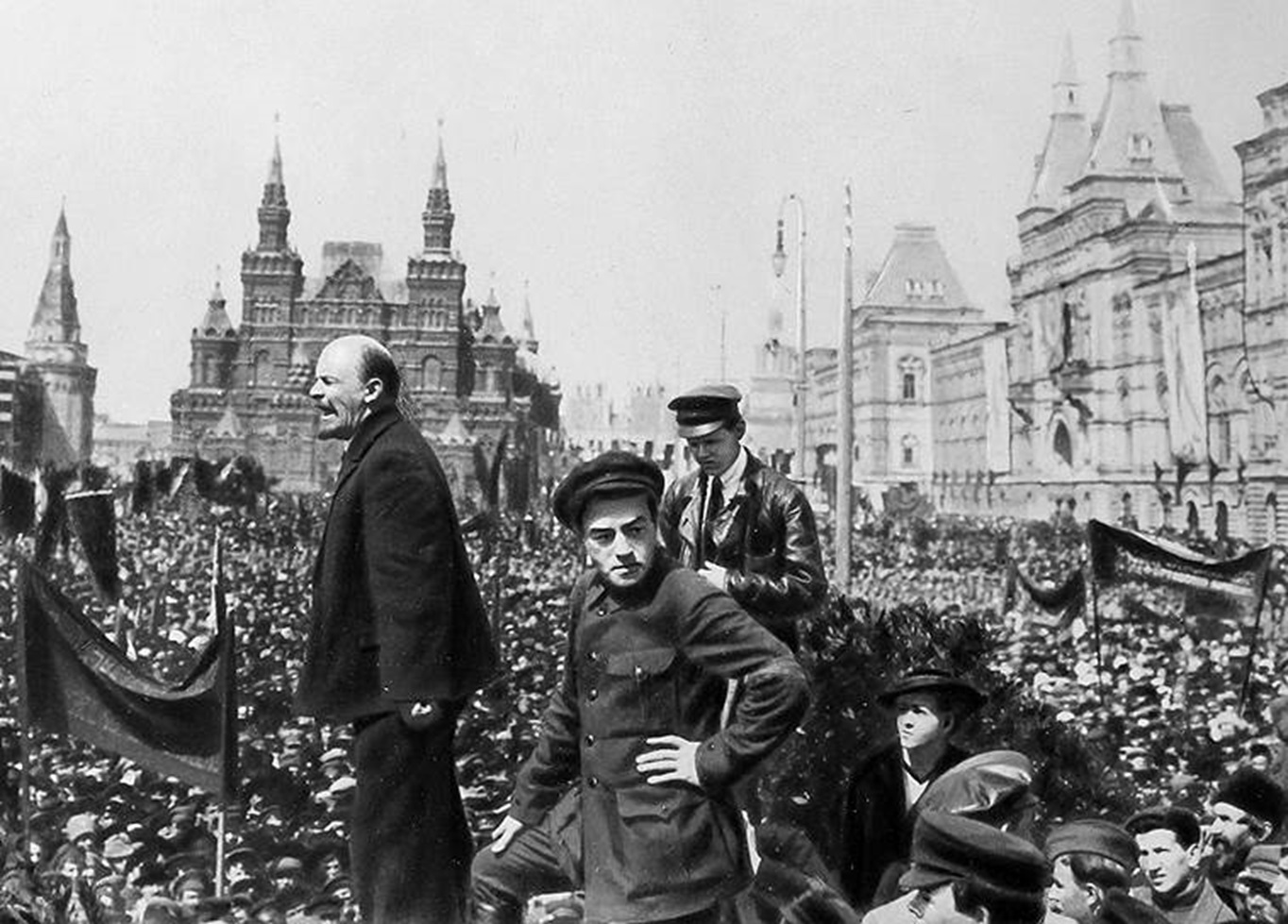 Chairman1922, CC BY-SA 4.0, Wikimedia Commons
Chairman1922, CC BY-SA 4.0, Wikimedia Commons
From Coup To Civil War
One of the 20th century's most overlooked conflicts, the Spanish Civil War, began with a coup attempt by General Francisco Franco, who led his nationalist army to overthrow a left-wing, democratic government in Spain. This coup led to the Spanish Civil War, which raged from 1936 to 1939 and left 500,000 dead. Franco remained in power as a dictator until 1975. Franco's body is interred in a shrine built by forced laborers during the Spanish Civil War.
 Unknown Author, Wikimedia Commons
Unknown Author, Wikimedia Commons
The Beer Hall Putsch
The Nazi takeover of Germany that never was. The Beer Hall Putsch occurred on November 8, 1923, when 2,000 Nazis marched into the center of Munich and attempted to unseat the sitting government. The crowd was dispersed by law enforcement and almost all were arrested—including Adolf Hitler, who would write Mein Kampf (1925) from his prison cell.
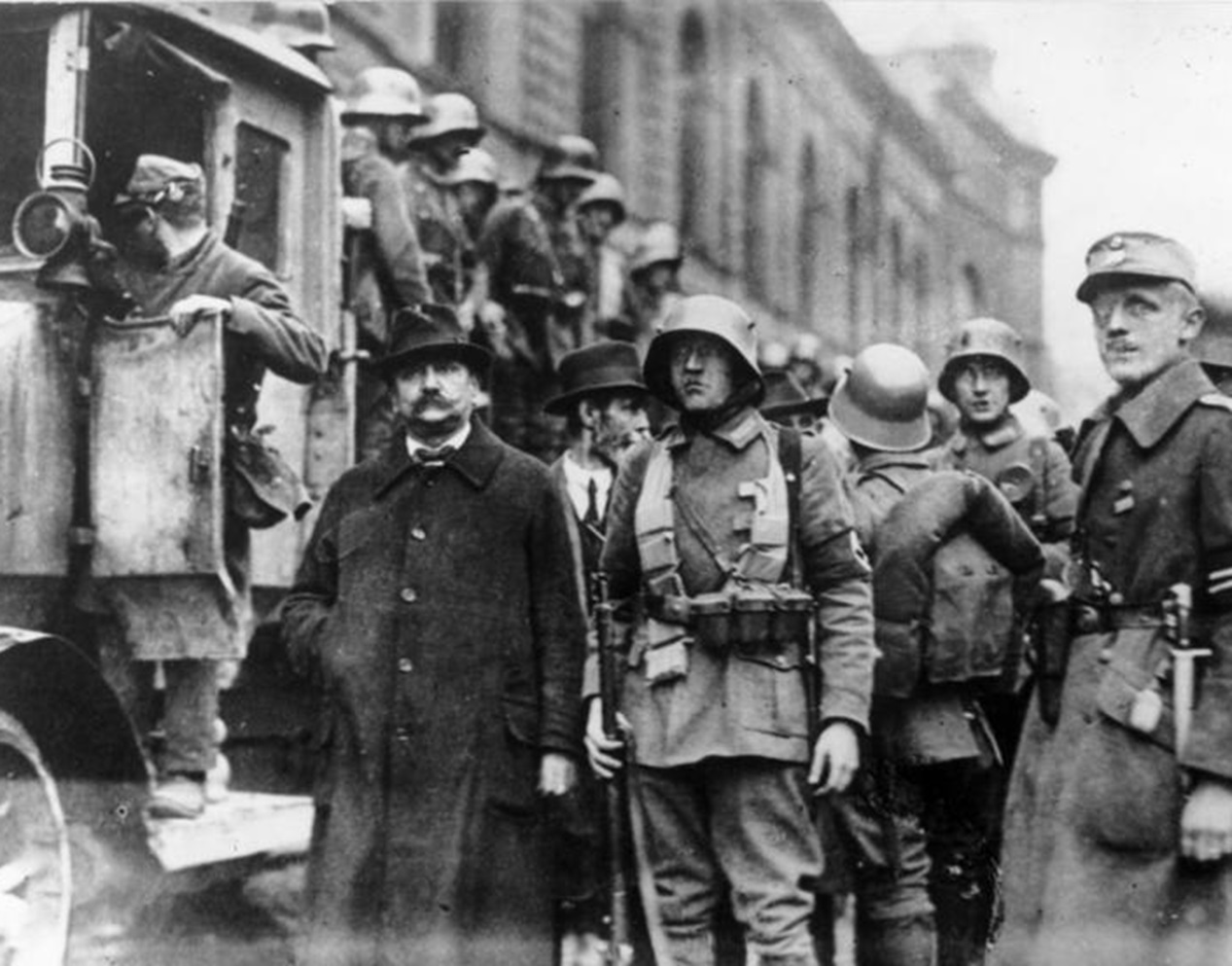 Bundesarchiv, CC-BY-SA 3.0, Wikimedia Commons
Bundesarchiv, CC-BY-SA 3.0, Wikimedia Commons
A Communist Czechmate
In 1948, Czechoslovakia, hot off the heels of the destruction of WWII, became a one-party state. After months of communist pressure from neighboring states, the Czech President ceded his cabinet and power to the Communist Party of Czechoslovakia. Many moderate Czechs were angry that the country was going to join the American Marshall Plan and reunite with Europe.
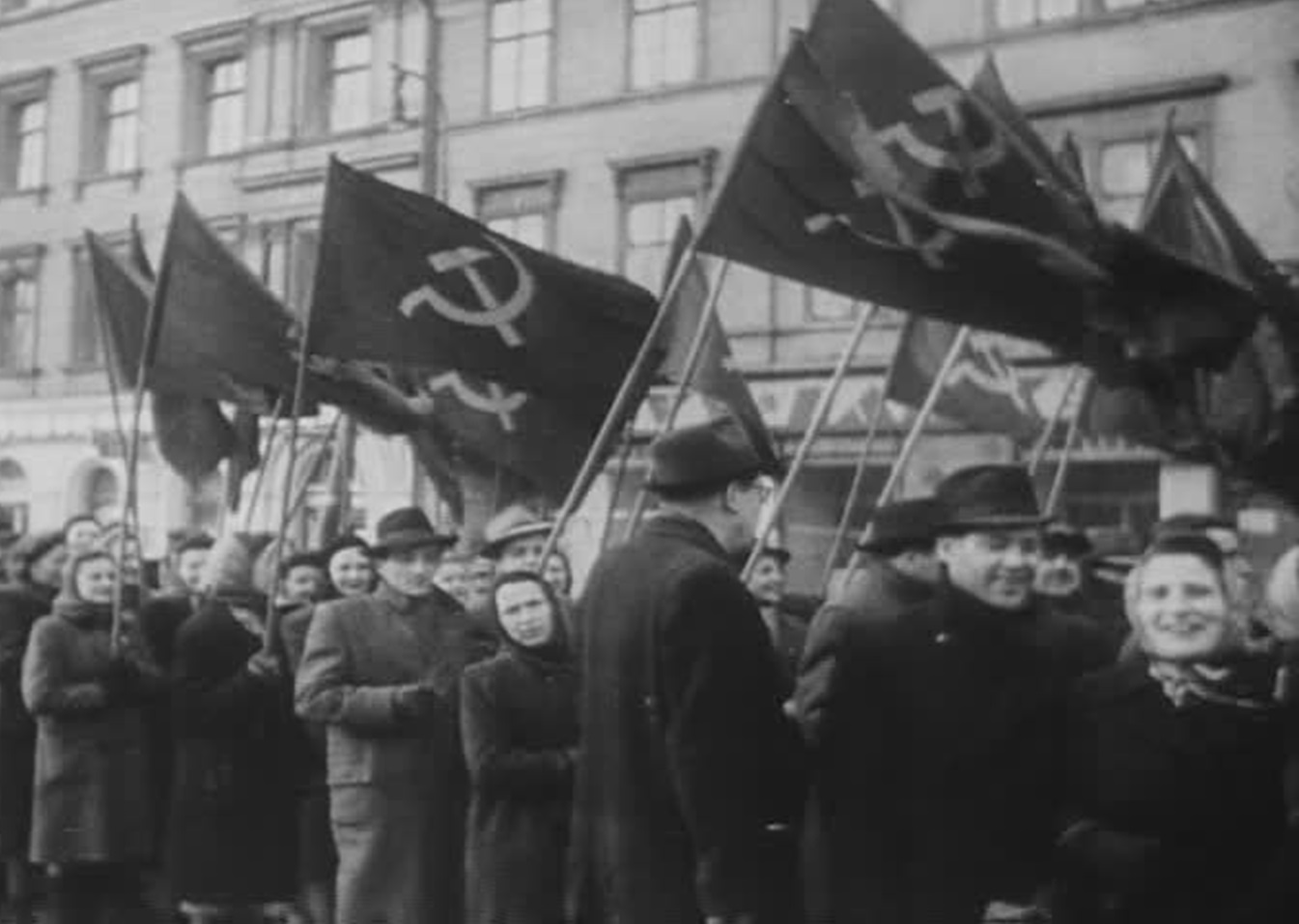 National Archives, Wikimedia Commons
National Archives, Wikimedia Commons
From Kingdom To Military Dictatorship
King Farouk I was the last King of Egypt. He was overthrown via military coup d'état on July 23, 1952. After months of agitation and calling for an end to monarchic rule in Egypt, Generals Gamal Abdel Nasser and Mohammed Naguib overthrew the King and ended decades of a false independence from the United Kingdom, as Farouk I was viewed as a mere puppet of London.
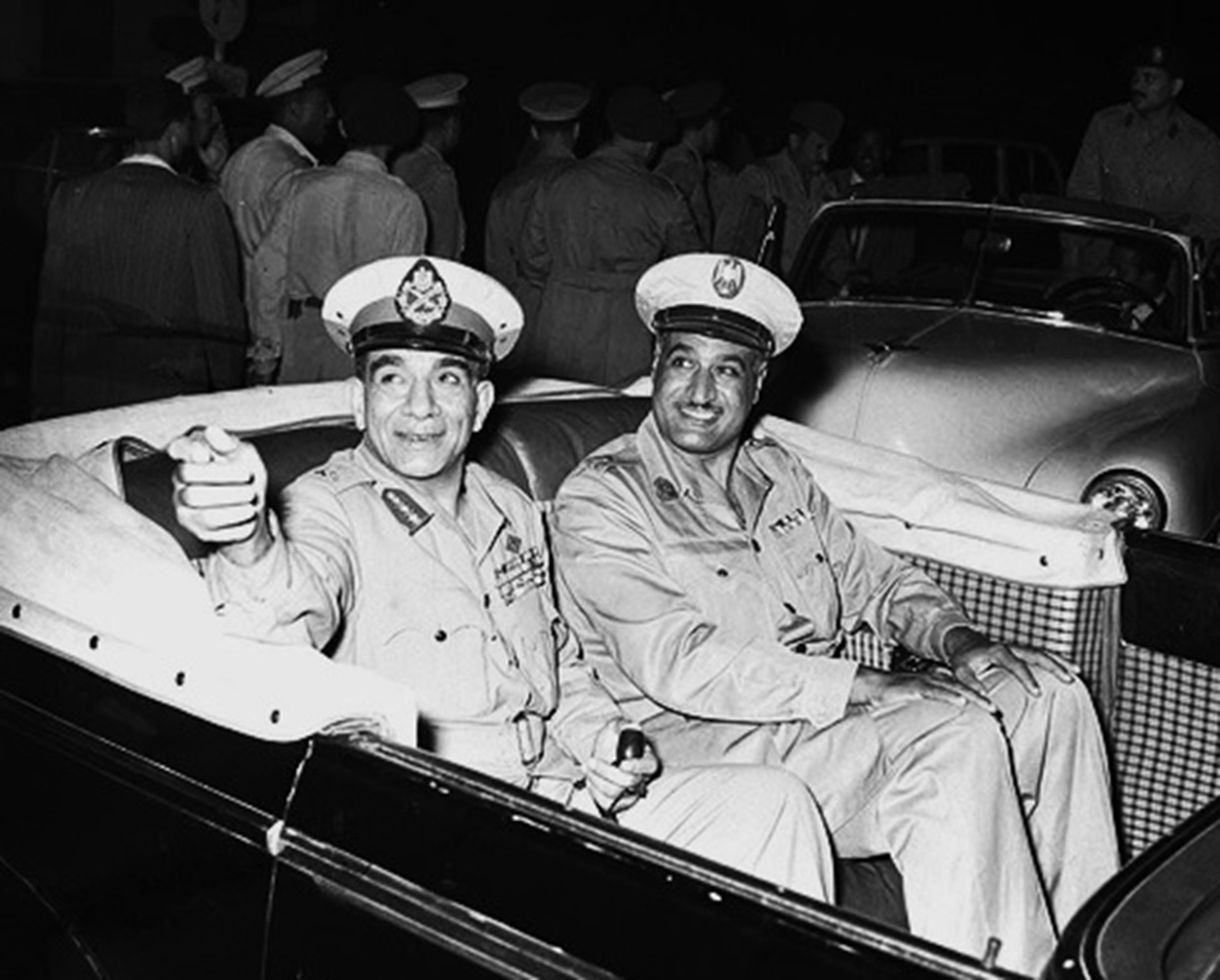 Al Ameer son, Wikimedia Commons
Al Ameer son, Wikimedia Commons
Cry For Me, Argentina?
Eva Perón was the wife of Juan Perón, President of Argentina from 1946 to 1955. Despite ushering in women's rights, trade unions, social welfare, and more (with his wife's influence), Juan Perón lost the support of the military and the Catholic Church, leading to a coup in September of 1955, which led to the deaths of thousands of civilians.
 Unknown Author, Wikimedia Commons
Unknown Author, Wikimedia Commons
The Cradle Of Democracy Under Military Dictatorship
Greece is known as the cradle of democracy—but in 1967, it fell victim to a military coup d'état. On April 21st, just one month before a duly elected centrist party was due to take power, Greece's far-right military juntas pounced. It took mere hours for a group of Colonels to seize most of Greece and place the incumbent Prime Minister under arrest. The junta dictatorship ended in 1974, when parliamentary elections were restored.
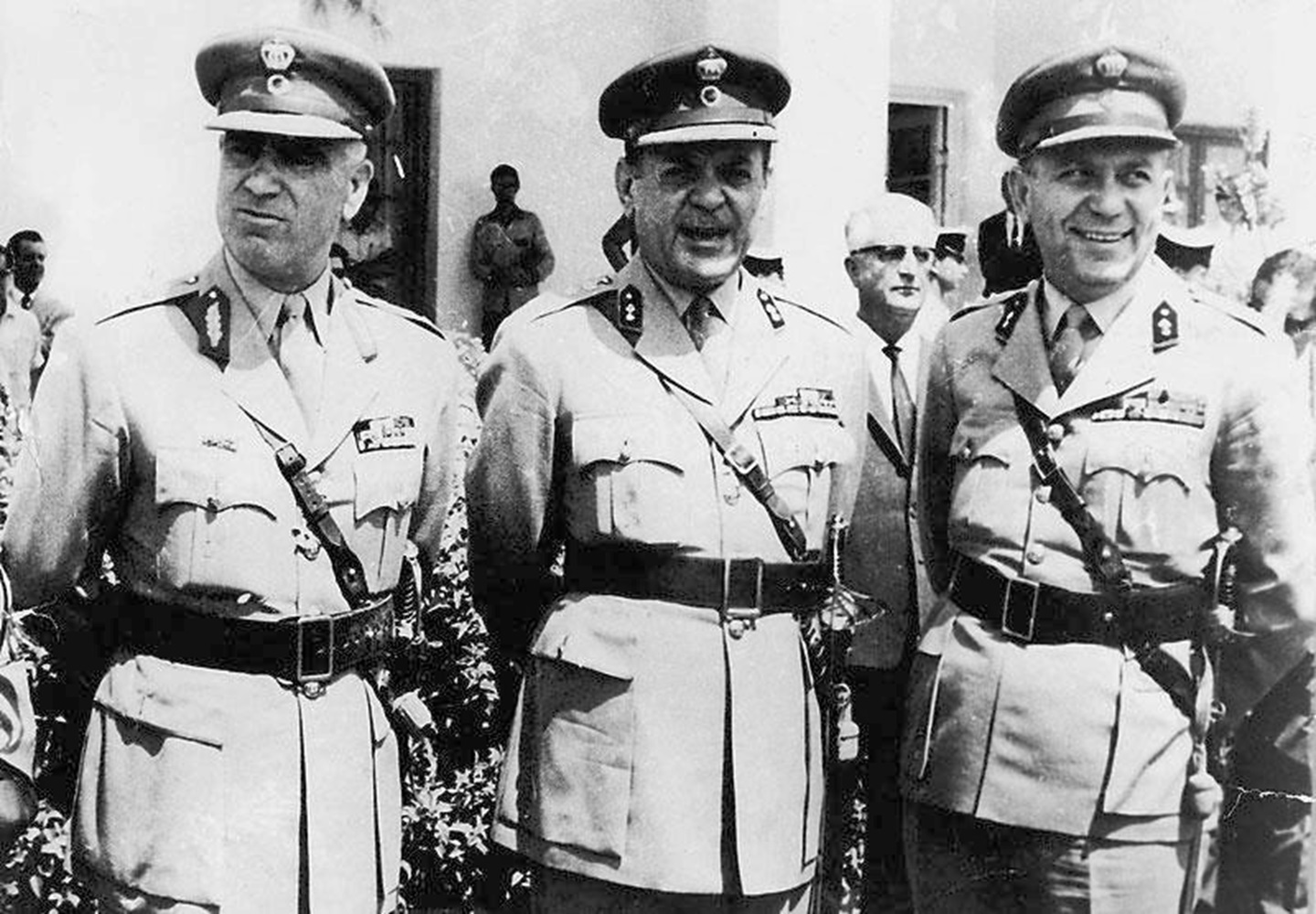 athens.indymedia, CC BY-SA 4.0, Wikimedia Commons
athens.indymedia, CC BY-SA 4.0, Wikimedia Commons
Libyan Liberty—Not So Much
Just 70 people staged a military coup in Libya in 1969 that led to the overthrow of the Libyan Monarchy under King Idris. He was replaced by Muammar al-Gaddafi, who ruled Libya with an iron fist in a reign characterized by repression and killings.
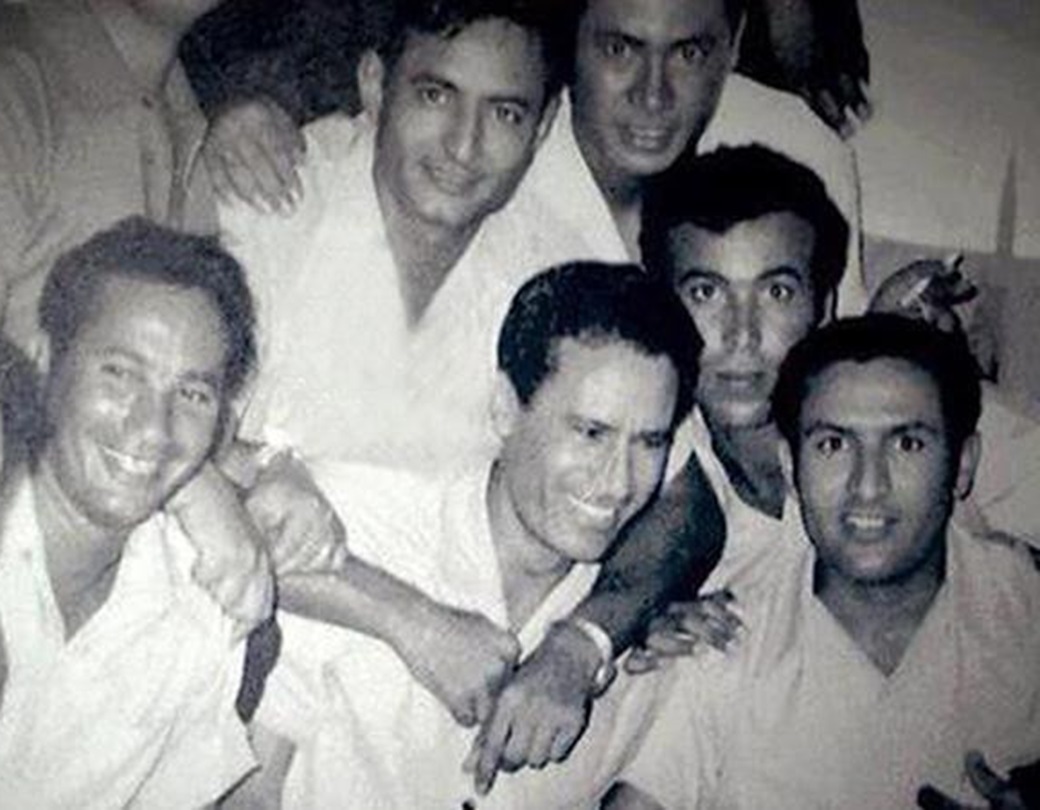 Unknown Author, Wikimedia Commons
Unknown Author, Wikimedia Commons
Pinochet's Takeover
President Salvador Allende was Chile's first democratically elected leader. His reign ended on September 11, 1973 as General Augusto Pinochet led a military coup that crushed the President's resistance. After taking power, Pinochet ruled over Chile for 17 years, executing, imprisoning, and torturing several thousand people.
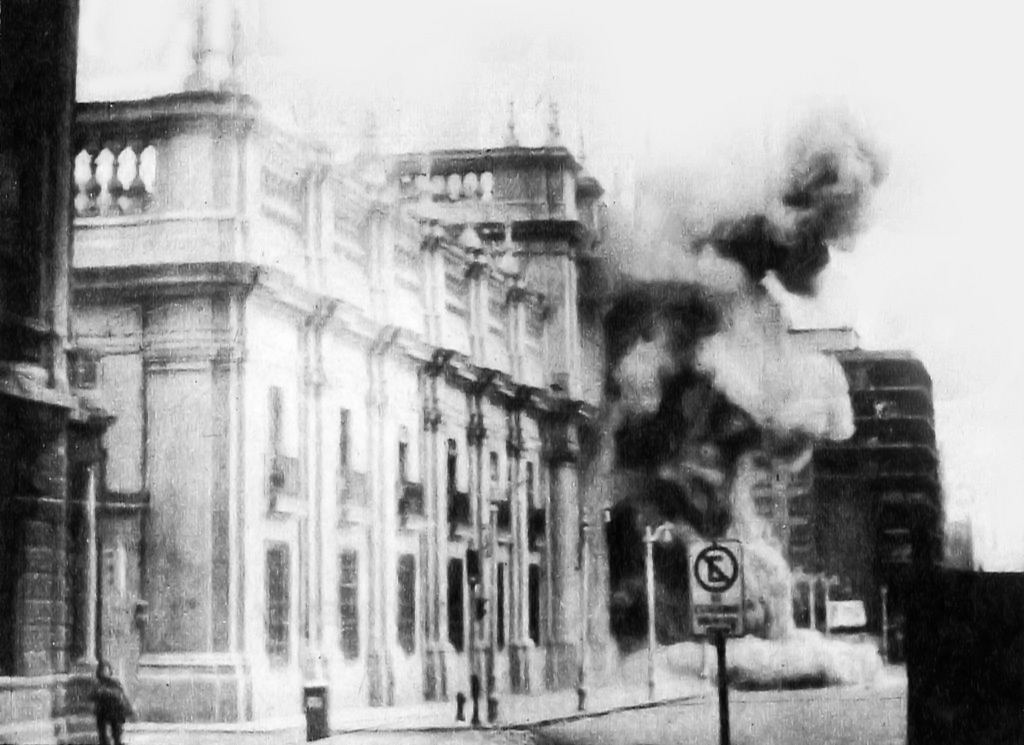 Biblioteca del Congreso Nacional, CC BY 3.0 CL, Wikimedia Commons
Biblioteca del Congreso Nacional, CC BY 3.0 CL, Wikimedia Commons
A Secret Hawaiian Coup
Did you know that the United States overthrew a Hawaiian Queen in 1893? Probably not. On the island of Oahu on January 17, 1893, a secret group of Hawaiian elite businessmen and political leaders, including seven foreigners, led by those with American interests and ties, overthrew the Hawaiian Queen Lili’uokalani. The "Committee of Safety" proclaimed that the Queen was no longer the head of state and that the monarchy had been abolished. The Queen had almost no power to resist—as the US were ready to send Marines to protect the Committee's objectives.
 Bernice P. Bishop Museum, Wikimedia Commons
Bernice P. Bishop Museum, Wikimedia Commons
Castro Slowly Takes Power In Cuba
In revolutionary efforts that lasted for five years, between 1953 and 1958, Fidel Castro led an elongated revolutionary war against the incumbent government, led by Fulgencio Batista. Castro's campaign of guerilla warfare culminated in Castro becoming the President of Cuba on December 31, 1958. Cuba would become a one-party state and Castro a dictator.
 Unknown Author, Wikimedia Commons
Unknown Author, Wikimedia Commons
The Last King Of Scotland
Calling himself "The Last King Of Scotland", General Idi Amin seized power in Uganda on January 21, 1971, while then-President Obote was out of the country, after President Obote had ordered Amin's arrest due to misappropriation of public funds. Amin's eight-year reign was characterized by the killing of an estimated 300,000 political prisoners.
The Iranian Revolution
The Iranian Revolution was one of the most famous coups of the 1950s, orchestrated by British and American intelligence to help Iran's Shah, Reza Pahlavi, return to power. The democratically-elected leader of Iran, Mohammed Mossadegh, was not friendly to British and American oil interests in the country and had led the charge to nationalize Iranian oil. After the coup, Iran became a monarchy once again and the oil flowed freely.
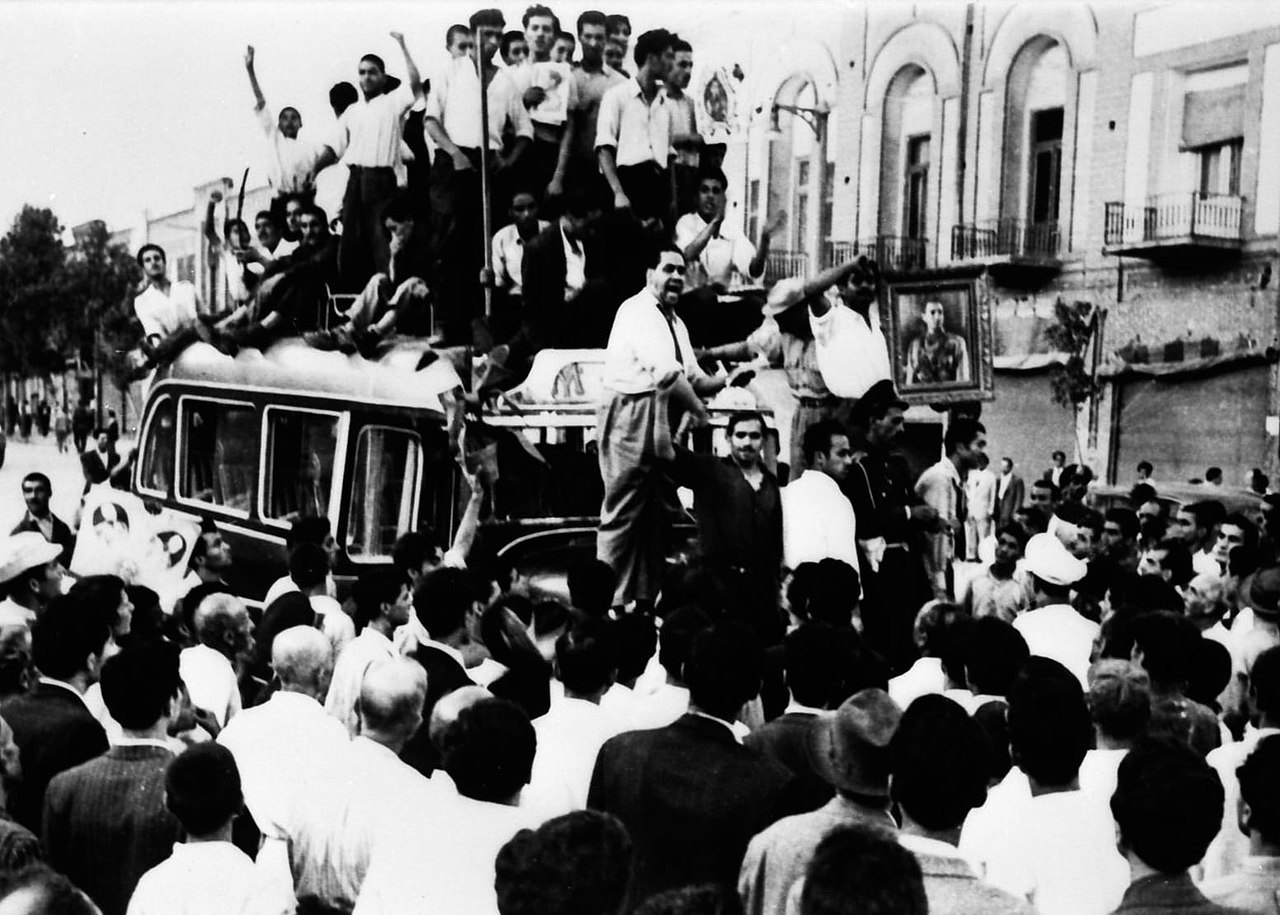 William Arthur Cram, Wikimedia Commons
William Arthur Cram, Wikimedia Commons
The Coup That Wasn't A Coup, But Was
In 2017, Zimbabwean President Robert Mugabe was deposed by a military coup—that wasn't officially a coup. As a Zimbabwean Army spokesman sat at a desk of the state broadcaster insisting that this was not a military coup, President Mugabe had been forced to resign while tanks and soldiers surrounded the capital city of Harare. The military coup quickly deposed Mugabe and replaced him with Vice-President Mnangagwa. But there were no curfews, no military junta taking control of the leadership, and not a shot was fired. A military coup without all the hallmarks of a coup—but none of the action.


